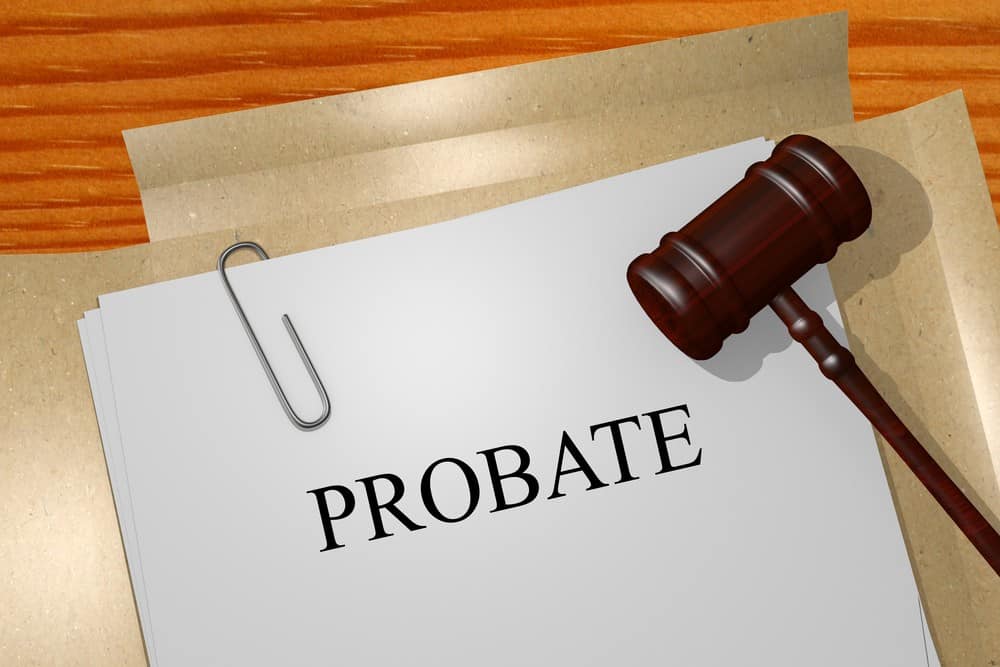What is probate law? Probate law is the law that governs proceedings where assets pass to beneficiaries through the last will and testament of a deceased person. Given this much, it is unsurprising that wills and probate disputes often arise. Since probate law can get extremely complex when applied to real-life situations, there is no better time to seek the assistance of an experienced probate and estate administration attorney.
Will Caveats
A will caveat occurs when a court probates a will and someone contests its validity. Many grounds for invalidating a will exist under Maryland and DC law, including:
- the testator (the person who made the will) was not mentally competent or lacked the capacity to make a will in some other way;
- The will contained formal defects (no witness signatures, for example);
- the testator was subject to undue influence from another person;
- the testator was under duress;
- the will is fake or was tampered with;
- the will presented to the court has been superseded by a newer will; and
- Other, less common grounds for rescission of a will.
Challenges/Removals of a Personal Representative/ Executor of a Will
A personal representative is the same as the executor of a will or an executor of the estate; the terms are often used interchangeably. Attempts to remove a personal representative and replace him with someone else are very common in probate proceedings. In some cases, for example, it is obvious that the personal representative named in the will does not qualify for the position under local law.
The Role of Personal Representative
The job of a personal representative is to inventory estate assets, pay its debts and collect anything that is owed to it, report to the court, and distribute estate assets to the proper beneficiaries. A personal representative is considered a fiduciary, meaning that he is held to a very high standard of care with respect to his administration of estate assets.
Qualifications
Both Maryland and a DC probate court will require a personal representative to be:
- at least 18 years old, and
- mentally competent.
A Maryland or Washington, DC probate court will also disqualify a candidate who has committed a serious crime in the past.
Grounds and Procedures for the Removal of a Personal Representative
Some personal representatives are simply unfit for the position they hold — normally evidenced by dishonesty preceding their appointment, incompetent estate administration, or bad acts after being appointed. Upon the application of any “interested person” (anyone who stands to gain or lose from the probate proceedings) the court may, for good cause, terminate the personal representative and appoint a new one.
Fiduciary Theft
It is not at all uncommon for a personal representative to steal from the estate of the deceased. In addition to being grounds for removal, this is a criminal offense known as embezzlement. In Maryland, embezzlement can result in one to five years imprisonment; while in Washington, DC the penalty ranges from one to ten years imprisonment.
Take Action Now
If you stand to gain or lose from an ongoing or anticipated will dispute, call Colbert Law Firm at (301) 576-6200 or contact us online to schedule a consultation where we can discuss your case.



